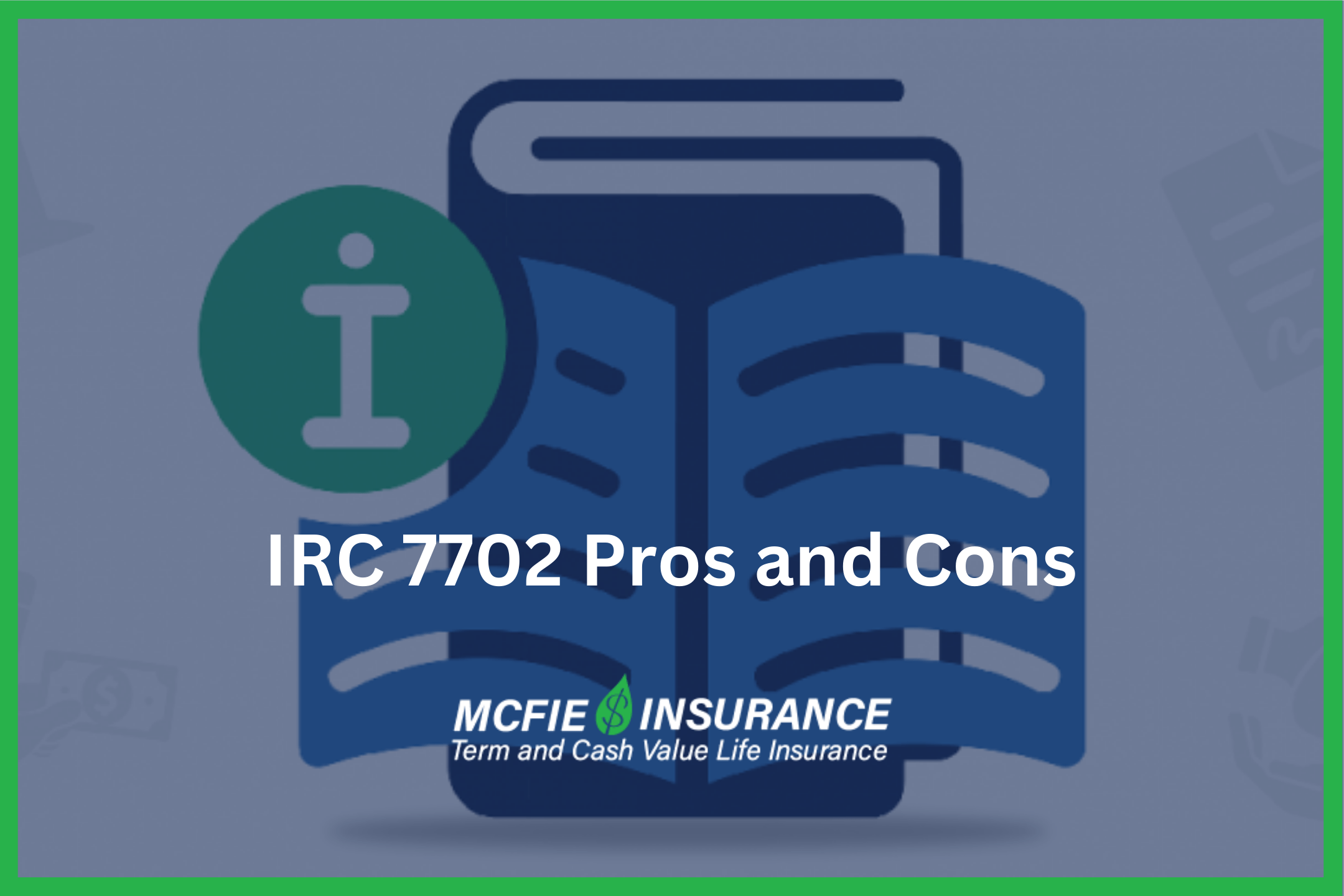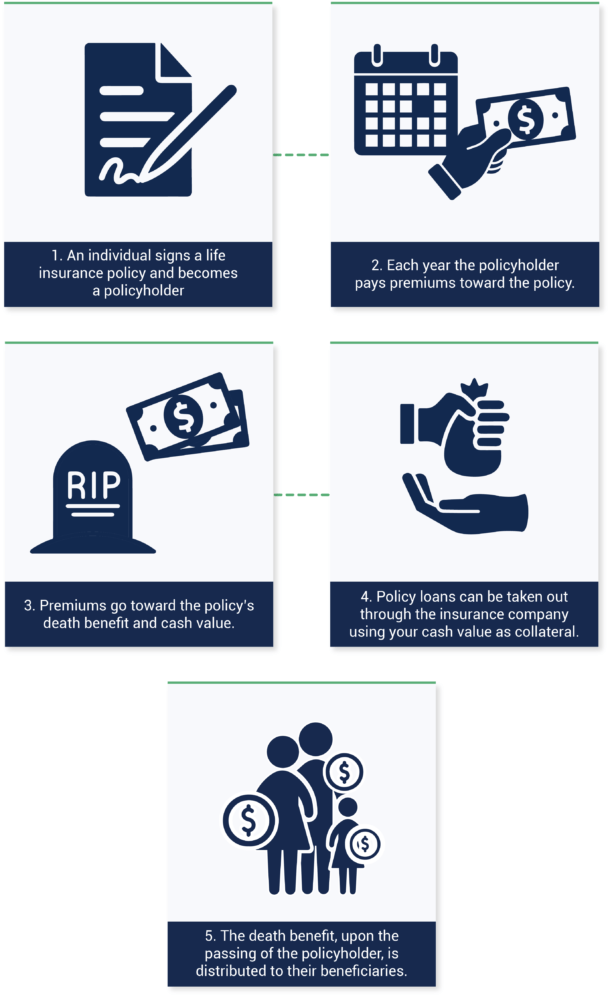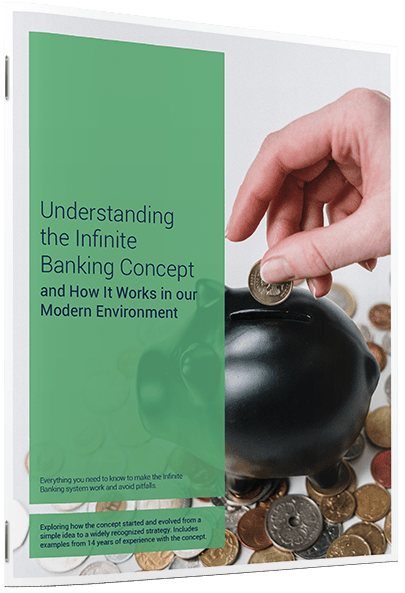702-660-7000
702-660-7000

Many insurance agents market a “7702 plan” as a type of retirement plan similar to typical retirement plans, like a 401(k). Sometimes important details are ignored in this process. We’re going to break down what the 7702 plan really is, what it means and how this relates to life insurance.
When you hear about a “7702 plan,” it’s important to understand that this isn’t actually a retirement plan at all. In fact, it’s simply a life insurance policy. The term “7702” refers to section 7702 of the Internal Revenue Code (IRC), which governs all life insurance policies.
Some insurance agents use the phrase “7702 plan” as a way to sidestep mentioning life insurance right off the bat when talking to potential clients. But here’s the thing – there’s nothing inherently wrong with life insurance if it’s properly designed to meet your specific needs.
Many advisors will tell you that you should pay as little as possible for your life insurance. But high premiums are not always bad when you’re in the right financial situation. In fact, when a policy is designed well, higher premiums can help you build cash value and overcome the cost of insurance faster.
An IRC 7702 plan is a cash-value life insurance policy with higher premiums than a term insurance policy. There are many benefits of owning a high-premium-high-cash-value 7702 plan. We talk about some of these benefits later in this article.

An IRC 7702 plan works just like a life insurance policy because it is a life insurance policy. Your premium goes towards the purchase of a death benefit. The plan may build cash value as well. After death, your family is paid the death benefit from the policy / 7702 plan. The cash value can be used during your lifetime either by taking a withdrawal or leveraging that value to take a policy loan from the insurance company. Think of cash value as your equity in the life insurance death benefit.
Even though it is not accurate to refer to a 7702 plan as a “retirement plan,” good life insurance policies like we design at McFie Insurance can put you miles ahead when it comes to saving for retirement.

An easy read and a perfect introduction to whole life insurance and The Perpetual Wealth Code™ Available in eBook or Audiobook format.
Download here>
Saving for retirement with whole life insurance (aka a 7702 plan) can open better options for more sustainable retirement income than typical financial planning which relies mainly on tax-deferred plans such as 401(k)s and IRAs.
A typical investment portfolio cannot provide guaranteed growth. A good life insurance policy / 7702 plan will provide guaranteed growth on your money. This gives you confidence and financial peace of mind.
A 7702 plan is actually just another name for a life insurance policy. It’s an agreement between you and the insurance company where you pay premiums. Unlike retirement accounts, these policies grow tax-deferred, but you can’t deduct your premiums from your taxes.
On the other hand, a traditional 401(k) from your employer is a true retirement account. It allows you to save for retirement while getting some tax benefits. You can contribute money before it’s taxed, which might lower your taxable income for the year. This could mean paying less in taxes or getting a bigger refund.
With a 401(k), you also don’t pay taxes on your investment growth until you take the money out. This can help your account grow faster over time, since you’re earning returns on money that would have gone to taxes otherwise.
It’s important to understand the difference between life insurance and retirement accounts. While both can be useful financial tools, they serve different purposes and have different tax treatments. Life insurance is primarily about providing a death benefit, while a 401(k) is specifically designed for retirement savings.
Besides offering a source of tax-free income in retirement, 7702 plans can aid in planning for expenses like college education, emphasizing the importance of early savings for such significant costs.

Understanding the Infinite Banking Concept and How It Works In Our Modern Environment 31-page eBook from McFie Insurance Order here>
In December 2020, Congress made changes to section 7702 for the first time since it was created 32 years before in 1988.
Through the Consolidated Appropriations Act, the minimum interest rates to be used in the design of cash-value life insurance products were changed to allow for continued low-interest rates across the rest of the economy.
Existing policy owners do not need to worry about their guaranteed policy values since these changes do not affect existing policy guarantees unless significant changes are made to an existing policy.
None of these changes negate the value of using whole life insurance/7702 plan as an important financial tool and a liquid form of savings in addition to the permanent death benefit.
Seeing the numbers from the insurance companies we represent here at McFie Insurance, we think the findings of the Society of Actuaries have been reflected pretty accurately across the industry resulting in:
IRC 7702 plans, while offering appealing benefits, might not be the best fit for everyone. However, you might find a 7702 plan advantageous if you:
An IRC 7702 plan is not a retirement plan. It’s a section of the internal revenue code that dictates how life insurance will be treated for tax purposes. Some experts say life insurance is the single largest benefit in the tax code. Thanks to section 7702, life insurance is not just effective for providing financial protection for your loved ones when you die, it is also a great way to grow your wealth while you’re alive. It can provide retirement income for you in your golden years and it lets you leave money to your spouse, your children, and your grandchildren income tax-free! With a better understanding of the IRC 7702 pros and cons, you can make more informed decisions about your life insurance for your financial success.
To see the numbers for a well-designed life insurance policy/7702 plan and how this could benefit you, call McFie Insuranceat 702-660-7000 or schedule a time for us to call you.
 by John T. McFie
by John T. McFie
I am a licensed life insurance agent, and co-host of the WealthTalks podcast.
As a 15-year practitioner of the Infinite Banking Concept on a personal level, I can help you find the clarity and peace of mind about your financial strategy that you deserve.
Working with hundreds of financial scenarios over the years has helped me to develop a sixth sense about how to quickly find a clear and balanced solution for clients using whole life insurance as a financial tool.